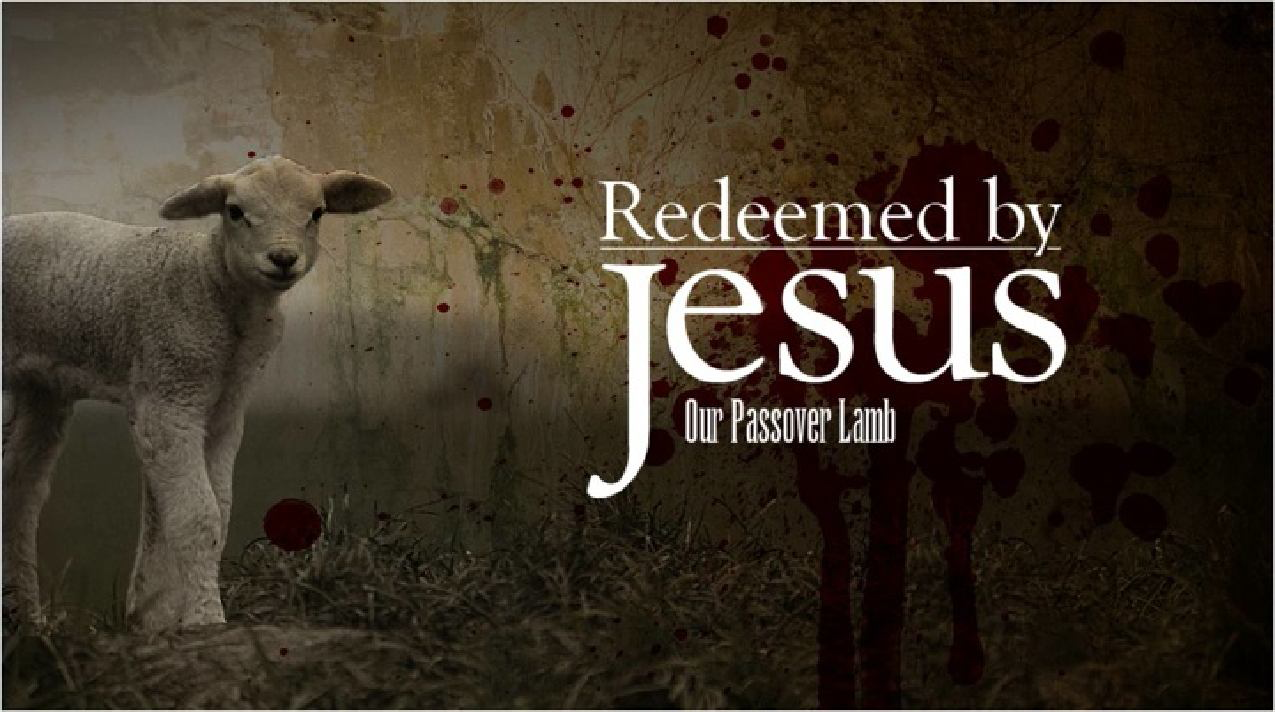It’s a young Church, and it behaves in childish ways! Generally wailing when it doesn’t get what it wants!
This is a tricky passage to deal with at the level of Family Worship, especially with younger children, but the issue is basically focussed on what we want. The ‘rabble’ want what the world has to offer... conveniently forgetting the terrible price they would have to pay for the fleeting pleasures of sin (Heb.11:25). Forget the tyranny, slavery, and the death of our children – at least we’d have the chance to sink our teeth into a melon! It’s the kind of warped thinking that sin – and our desire for sin – produces. This could be a great teaching point! what does the world offer us... and what is the terrible price we’d have to pay! You could use adverts as a way of visualising some of this. How can we cultivate an appetite for the things of God? How can we be those who hunger and thirst after righteousness (Matt.5:6)? How can we long for the future He has redeemed us for? Do you present involvement in the life of the Church as something to be enjoyed? As a place where these appetites can be cultivated?
How do we change our appetites?
Another key theme is that of influence. This might be easier to work with as it feels less abstract. understanding the dynamics of influencing and being influenced. In crass terms, we often talk about role-models, or perhaps peer-pressure. Wanting to fit in is a God-given instinct. We are supposed to want to fit in with the Church and to find role models (I Cor.11:1 & Phil.3:17).
Timothy is told by Paul: ‘...set an example for the believers in speech, in conduct, in love, in faith and in purity’ (I Tim.4:12), and the aspiration of Hebrews is that we would ‘imitate those who through faith and patience inherit what has been promised’ (6:12).
But this God-given dynamic can also be warped and become deeply problematic. We see this in Numbers 11, where the rabble actually influences the rest of the Church in a negative way that has a huge impact on the leadership!! Moses has a kind of spiritual breakdown.
Why not have a think about who could function as spiritual role models for your child(ren). As parents this is first and foremost our privilege, but it really helps when we have others around who re-inforce the example we are setting our children in loving the Lord (Deut.6:5-9). This can be god-parents, others from MIE, other Christian families that you build relationships with... pray about this as a family...
AND
think about how you can be an encouraging example to others. What can you do this week as a family, that would set a great example that could inspire others!





